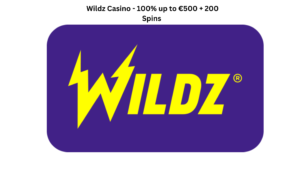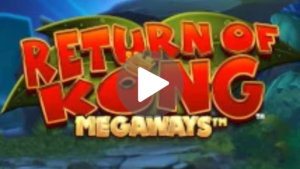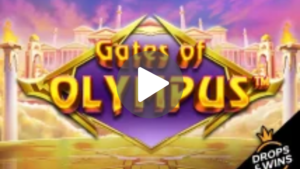With simply 5 weeks remaining within the 2025 legislative session, lawmakers have but to unveil the small print of a transportation funding bundle.
This delay was introduced into even sharper focus when the 2 co-chairs of the committee the invoice is being crafted in launched a memo Thursday with an replace on their progress. Among the many listing of things leaders of the Joint Committee on Transportation Reinvestment (TRIP) up to date their colleagues on was a significant new coverage: The invoice will embody a brand new spin on “cap and commerce” that might dedicate emission credit to freeway tasks.
Sure, you learn that proper. A legislature with a Democrat super-majority (albeit very slim) is crafting a transportation invoice that would embody a significant new income that expands driving capability.
The transfer is probably going a part of TRIP Committee co-chairs Senator Chris Gorsek and Consultant Susan McLain’s (each Democrats) try to appease Republicans (and maybe even some Democrats who love freeway megaprojects) whose votes they wish to assist cross the invoice.
Environmental and transportation advocates instantly pounced on the transfer.
“It’s like Christmas in Might for polluters,” stated Lindsey Scholten, govt director of the Oregon League of Conservation Voters, in a press release revealed by Transfer Oregon Ahead. “Sadly, Democrats in cost are clearly letting Republicans take them for a trip and providing polluters their want listing on the expense of Oregonians.”
The Gorsek and McLain would substitute Oregon’s present Local weather Safety Program with a “market-based emissions discount program” and hyperlink it to different West Coast markets. Of their memo yesterday, the lawmakers made it clear that credit generated from gasoline and diesel emissions could be devoted to the state freeway fund for “core operations and main tasks.” Whereas no numbers had been shared, the memo additionally stated “a portion of remaining credit” could be devoted to an inventory of different issues like: wildfire prevention efforts, native nonprofits engaged on local weather affect applications — and if there’s something left over — pedestrian security, transit, and rail tasks.
The “cap and pave” program is probably going the work of Senator Bruce Starr, who’s one in every of just some Republicans working with Democrats to craft the bundle. Starr is a devoted advocate for automotive customers and has spent years within the legislature pushing for increased pace limits and extra freeway spending. In 2008 Starr opposed a $30 million funding in bike and pedestrian services as a part of a $1.2 billion enlargement of I-5, saying he’d relatively spend the cash on, “a brand new interchange in Washington County that enables me to maneuver individuals safely.”
Democrats launched their framework for the $1.9 billion Transportation Reinvestment Bundle (TRIP) again in April. That framework features a host of payment and tax will increase that might assist the Oregon Division of Transportation shore up its price range, pay for freeway megaprojects with large price overruns, and make investments a comparatively paltry sum in applications that fund bicycling, strolling, and transit wants statewide.
Advocacy teams are pushing the Democrats to stability the bundle with a lot increased investments in transit, rail and tasks that enhance street security.
Whereas Home and Senate leaders work behind closed doorways and have floated a significant new coverage initiative simply weeks previous to the top of the session, their memo guarantees an precise invoice might be “forthcoming,” and that, “A completely clear and public course of will assist consider and refine the proposals.”
Within the meantime, I’ll proceed to refresh the Home Invoice 2025 web page on the Oregon Legislative Data System web site.
































